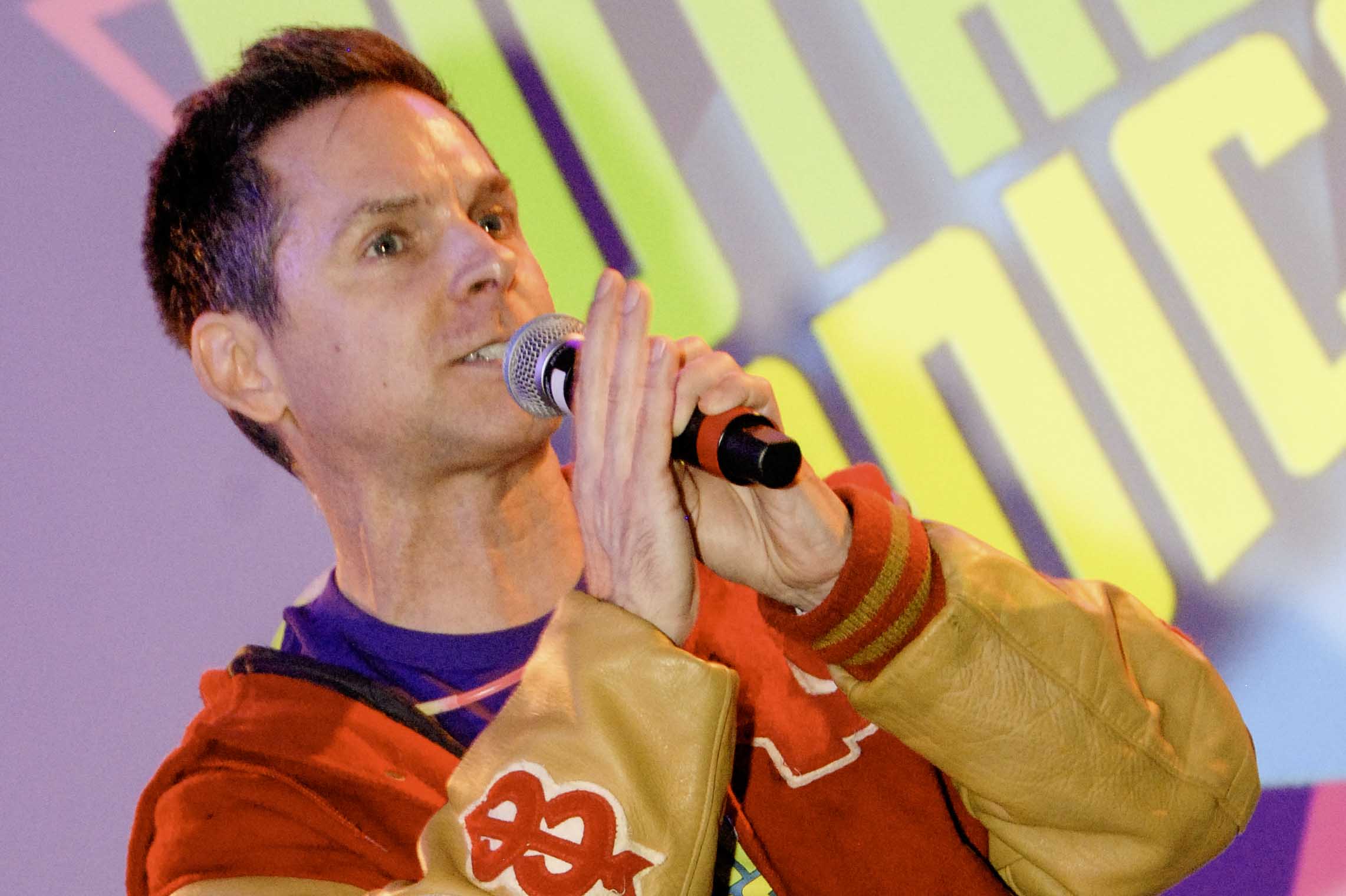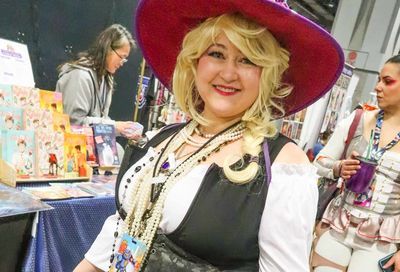Mighty Real: Janet Mock
With her new memoir, ''Redefining Realness,'' Janet Mock shares her journey as a transgender woman with honesty, eloquence and without apologies

Janet Mock
(Photo by Aaron Tredwell)
MOCK: In all of my work I’ve been pretty unapologetic about the fact that my story very much intersects with trans women. If we break it down even more, it’s poor-raised trans women, or trans women of color. I take this cue from women who were writing in the ’70s — the queer women, the women of color, the Third World women. They were very unapologetic about bringing the margin to center, rooting their work in marginalized womanhood. That’s kind of where I’m at.
I still think there are many trans men who are prominent in academia and in various other fields who have been talking about their lives, and have also been talking about trans women of color, for a long time. I think it’s a major moment to have a trans woman of color talking about trans women of color, or poor-raised trans women’s experiences. I don’t make any apologies for not necessarily talking about trans men’s lives, because I’ve never lived as a trans man. I know that they have very unique issues and they should be the ones to talk about it, to stake their claim on their struggles and triumphs.
MW: Another variation on that acronym is I see no shortage of transphobia in the gay and lesbian community.
MOCK: I don’t believe transphobia alone exists. I believe it’s very layered. Misogyny and sexism within the LGBT community needs to be checked as well. I think we tend to devalue the voices and experiences of women, period.
Because women feel as if they’re not heard, that they’ve been gender-policed even more, they say, “It’s a boy’s club.” At the same time, when trans women are given voice, “They’re not really real women.” It’s this internalized misogyny and sexism, and, yeah, anti-trans bias is very much in that as well. I think a lot of cis gay folks feel that they haven’t gotten all of their rights yet, so why are we trying to bring this other stuff on that’s going to make us look like an even crazier bunch of people? I think that goes back to the culture of respectability and politics: In order for minorities to be heard and seen and progress in our culture, we need to then make sure they’re the most perfect model minority that there is in order for us to change “hearts and minds” of “middle, moveable America.”
I tend to not really believe in that system, but I understand that I’ve been able to be seen and heard because I’m the “right kind” of trans woman. I look cis, I’m perceived to be a cis woman. I’m “attractive,” “media-facing…” [Laughs.] articulate, educated — all of these different things that allow me to be seen and heard on such a major level. I hope to use those access points to actually push people to think differently, to muddy up their thinking around this entire system we’ve built, even within our movement.
The No. 1 question I get asked by cis gay and lesbian people is, “I don’t understand why trans people are within this.” Then I have to back it up and say, “Because we were in this together from the very beginning.” When this became a movement, we were together in this. Trans women, street youth of color, sex workers…. Everyone was there fighting back that night at Stonewall. Even at the Compton’s Cafeteria riot. This was people who were visibly different, people whose gender identity was being policed in the law. If you wore a certain kind of clothing, if you didn’t have the “right” kind of clothing, you were going to get jailed. I feel we’ve taken on a lot of that policing of gender within our own movement.
It has to be dismantled and disrupted. I hope just being vocal about my own life story and contextualizing those personal experiences helps to start conversations and move other ones forward.
MW: Aside from being an author, in a bigger sense you’re a spokeswoman. You must feel vulnerable.
MOCK: You’re absolutely right. [Laughs.] Representation is very scary. But I also know many people — because this book will be so visible, all over the place, with not a little publisher but Simon & Schuster — will have access points with this book, people who may not know anything about these issues at all. Most likely, I will be the first trans person or trans woman that people know, even if it’s just an interaction with the book. There’s a lot of education that has to go on with that.
I like to see myself as a bridge right now. My work is a bridge between cis womanhood and trans womanhood, between LGB people and trans people, between trans women and trans women of color — knowing that there are all these barriers that push us apart.
Even though I highlight some of the shared experiences of trans women, I know that there’s no one universal woman’s experience, that this is just one story out of untold thousands. My story is not everyone’s story, and I understand the privilege that is part of being able to tell my story. But I also know that it’s work, and it’s pressure, and it’s a lot. One of my friends told me, “You need to let go of perfect. You can’t be America’s perfect trans girl. [Laughs.] That’s not what your job is. Your job is to write the truth.” That’s my job: to write the truth.
Janet Mock appears Thursday, Feb. 13, from 6 to 8 p.m., at the Martin Luther King Jr. Memorial Library, 901 G St. NW, for discussion with Alexis Pauline Gumbs, and reading and signing of Redefining Realness. For more information, visit janetmock.com.
Support Metro Weekly’s Journalism
These are challenging times for news organizations. And yet it’s crucial we stay active and provide vital resources and information to both our local readers and the world. So won’t you please take a moment and consider supporting Metro Weekly with a membership? For as little as $5 a month, you can help ensure Metro Weekly magazine and MetroWeekly.com remain free, viable resources as we provide the best, most diverse, culturally-resonant LGBTQ coverage in both the D.C. region and around the world. Memberships come with exclusive perks and discounts, your own personal digital delivery of each week’s magazine (and an archive), access to our Member's Lounge when it launches this fall, and exclusive members-only items like Metro Weekly Membership Mugs and Tote Bags! Check out all our membership levels here and please join us today!





















